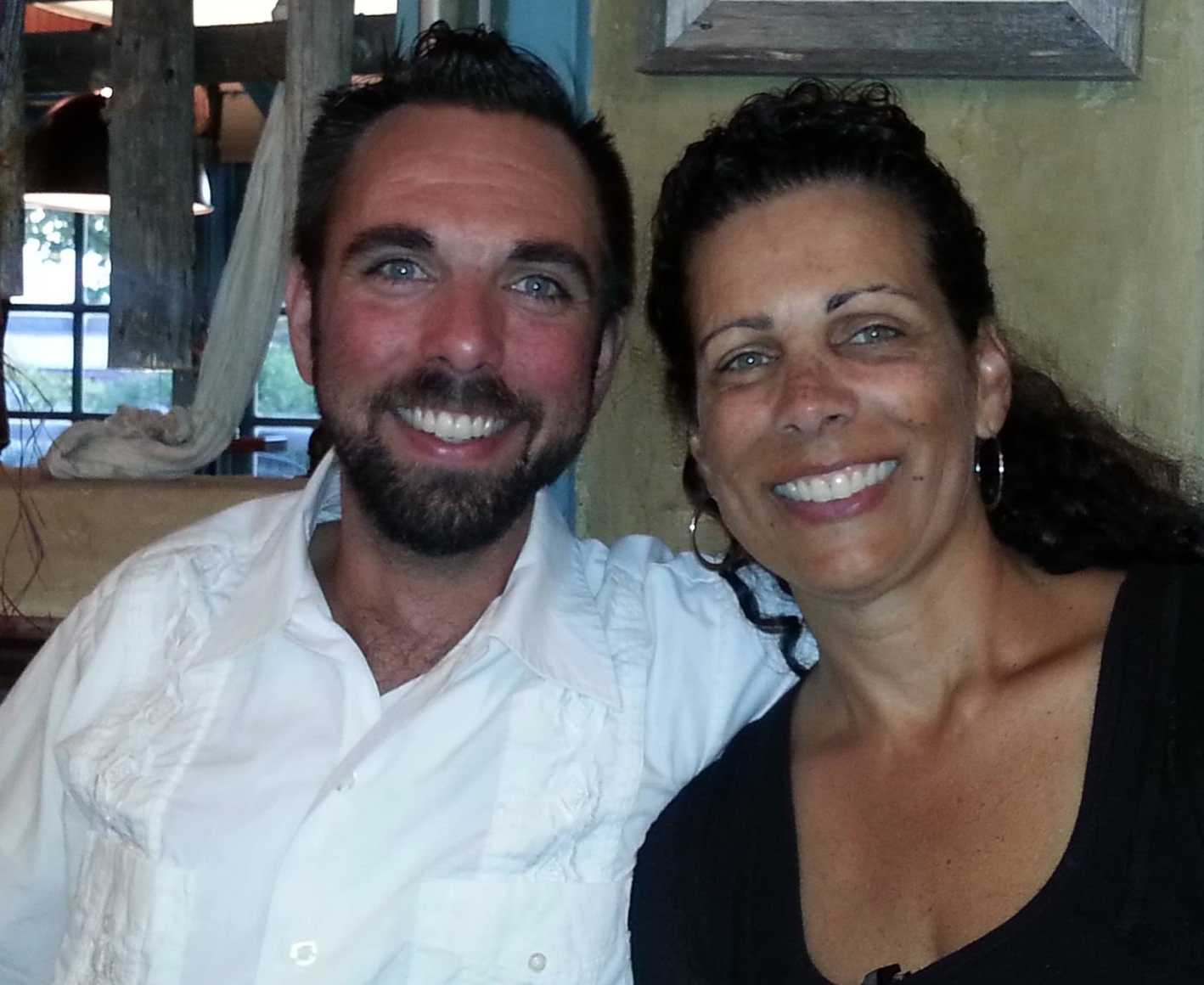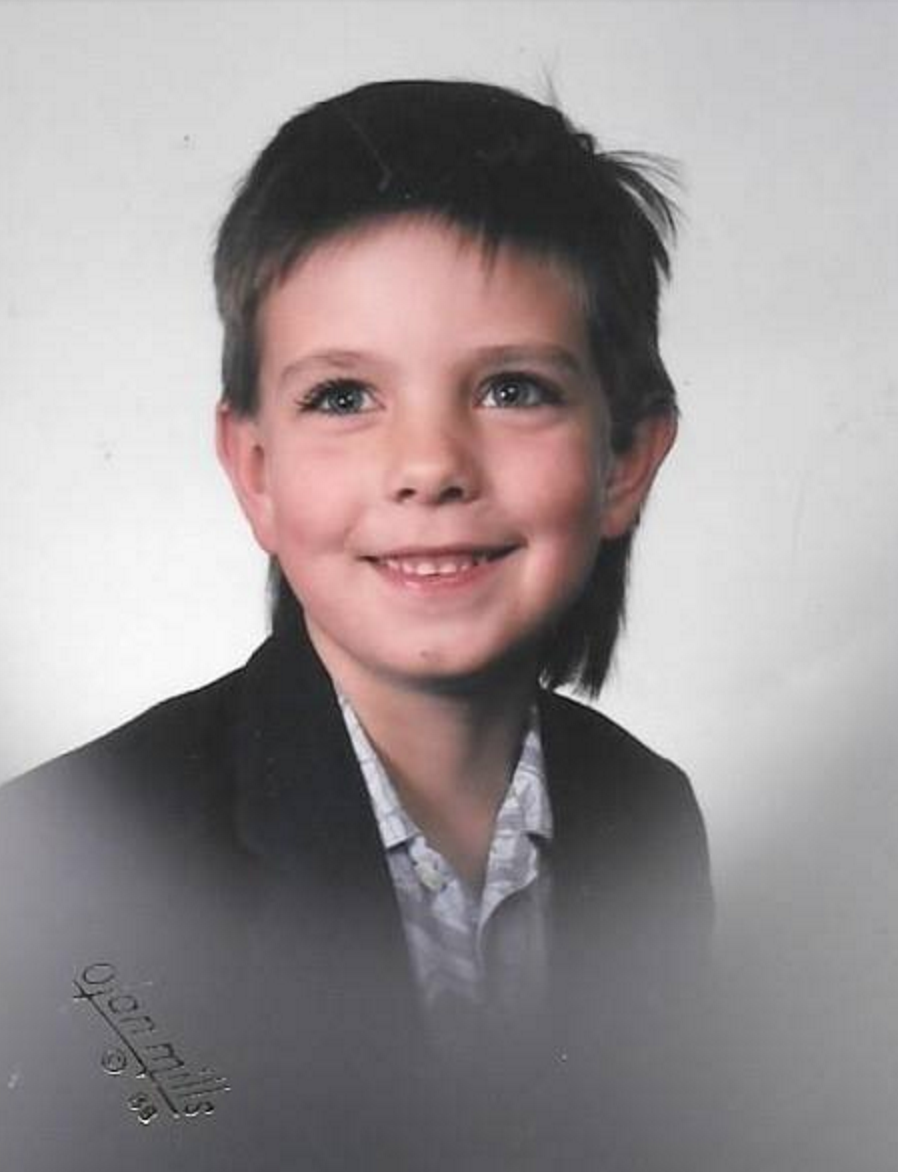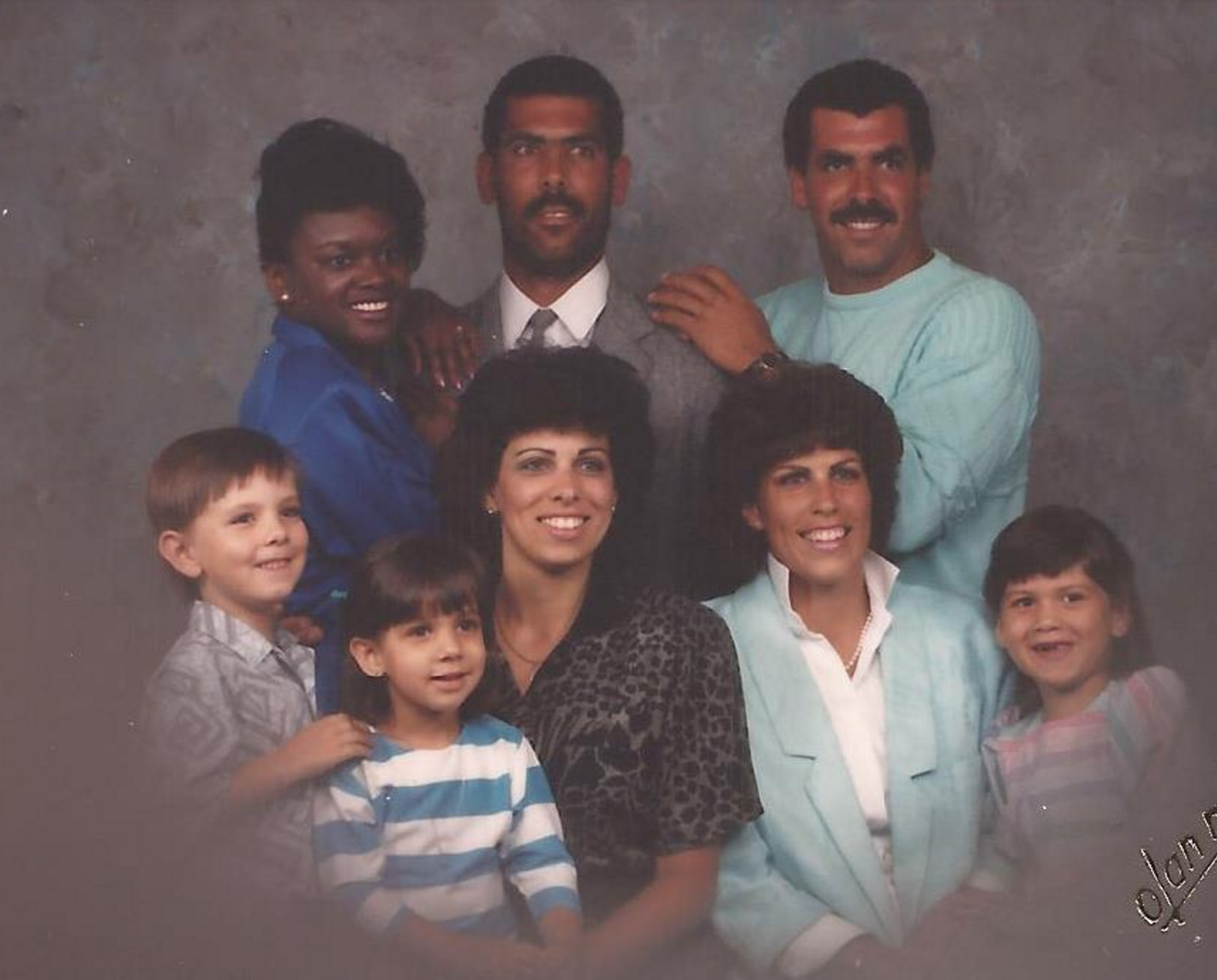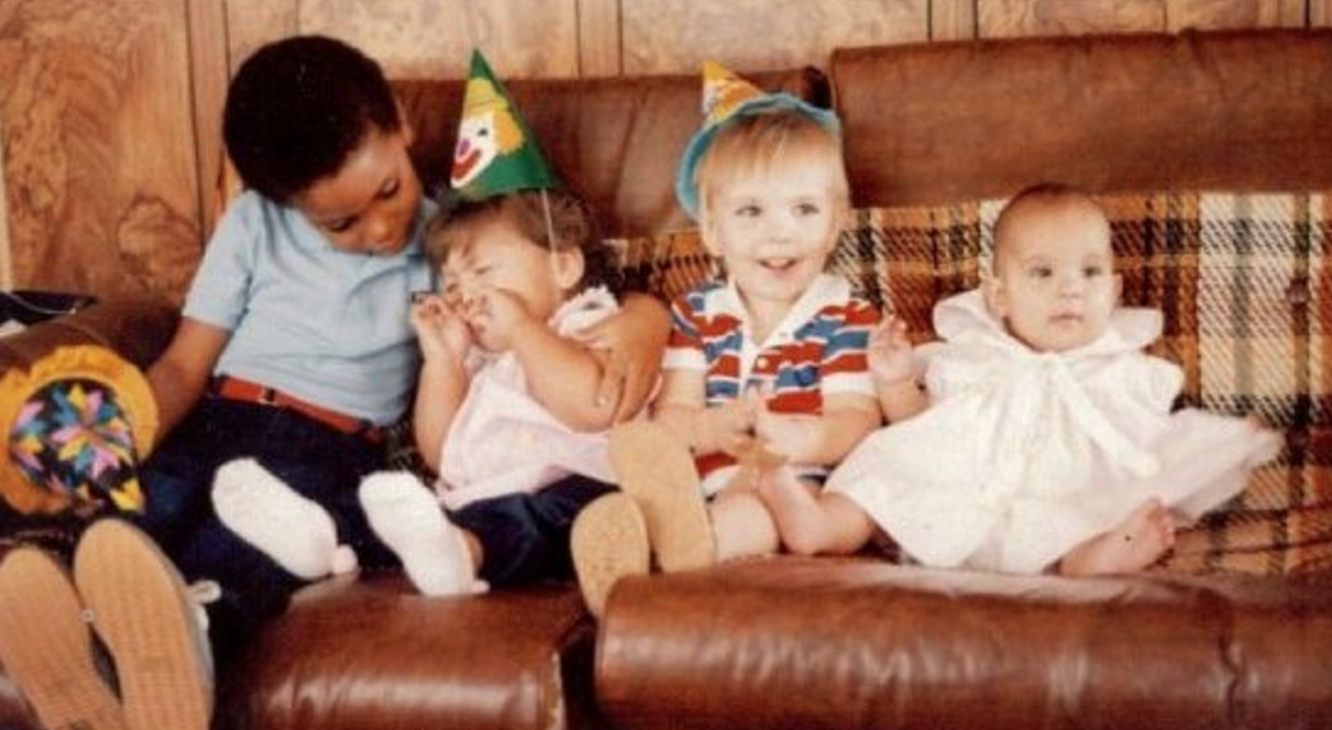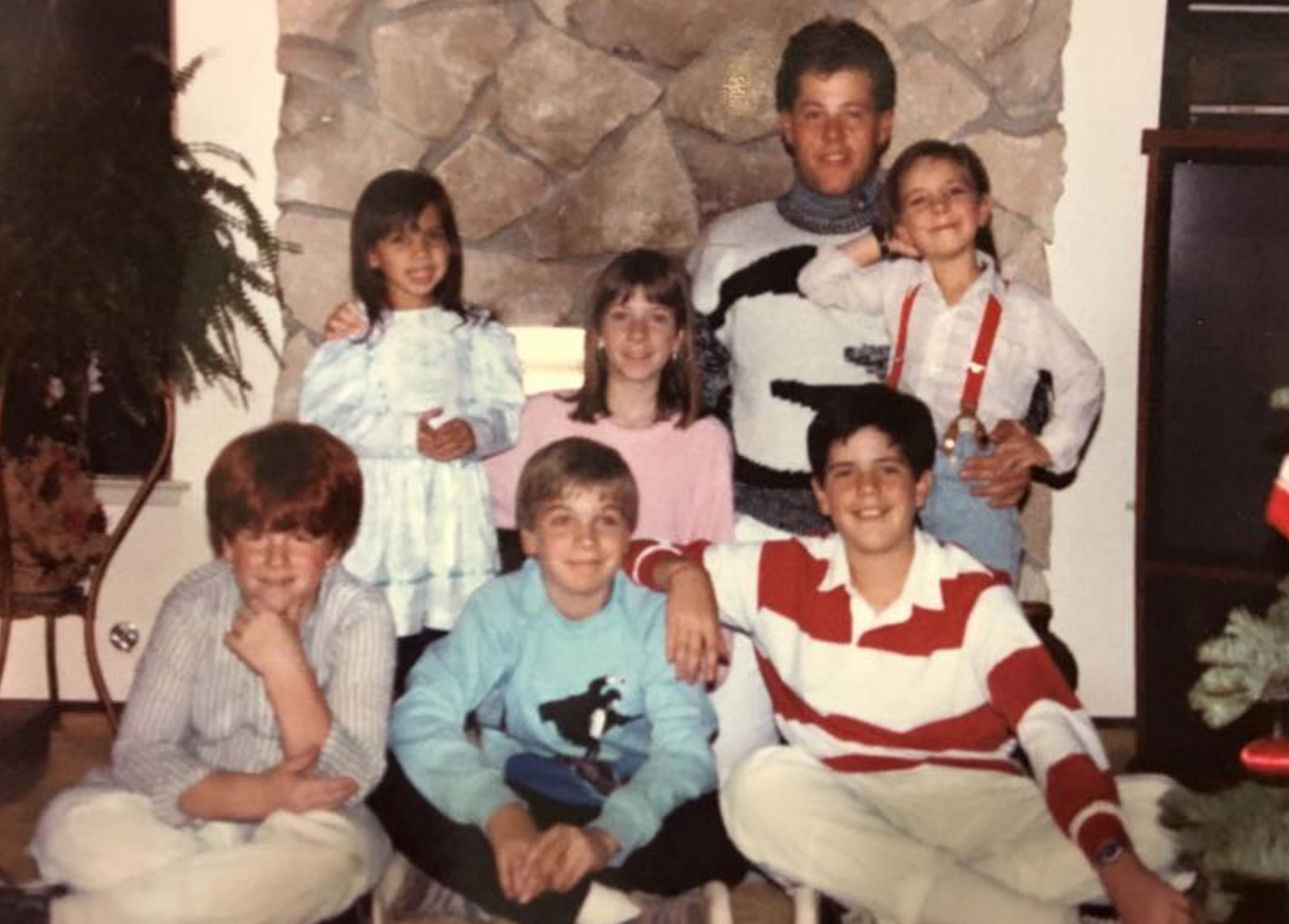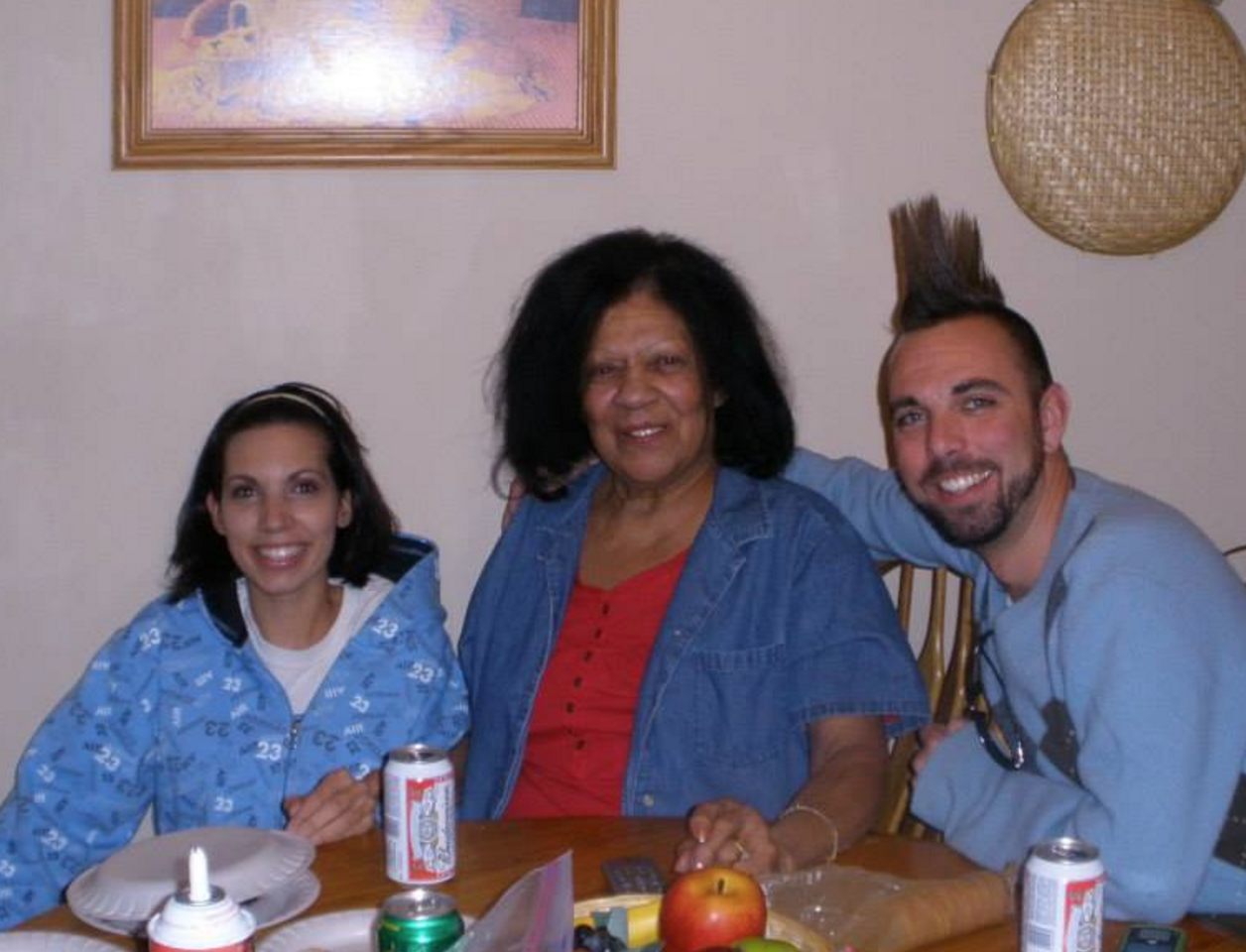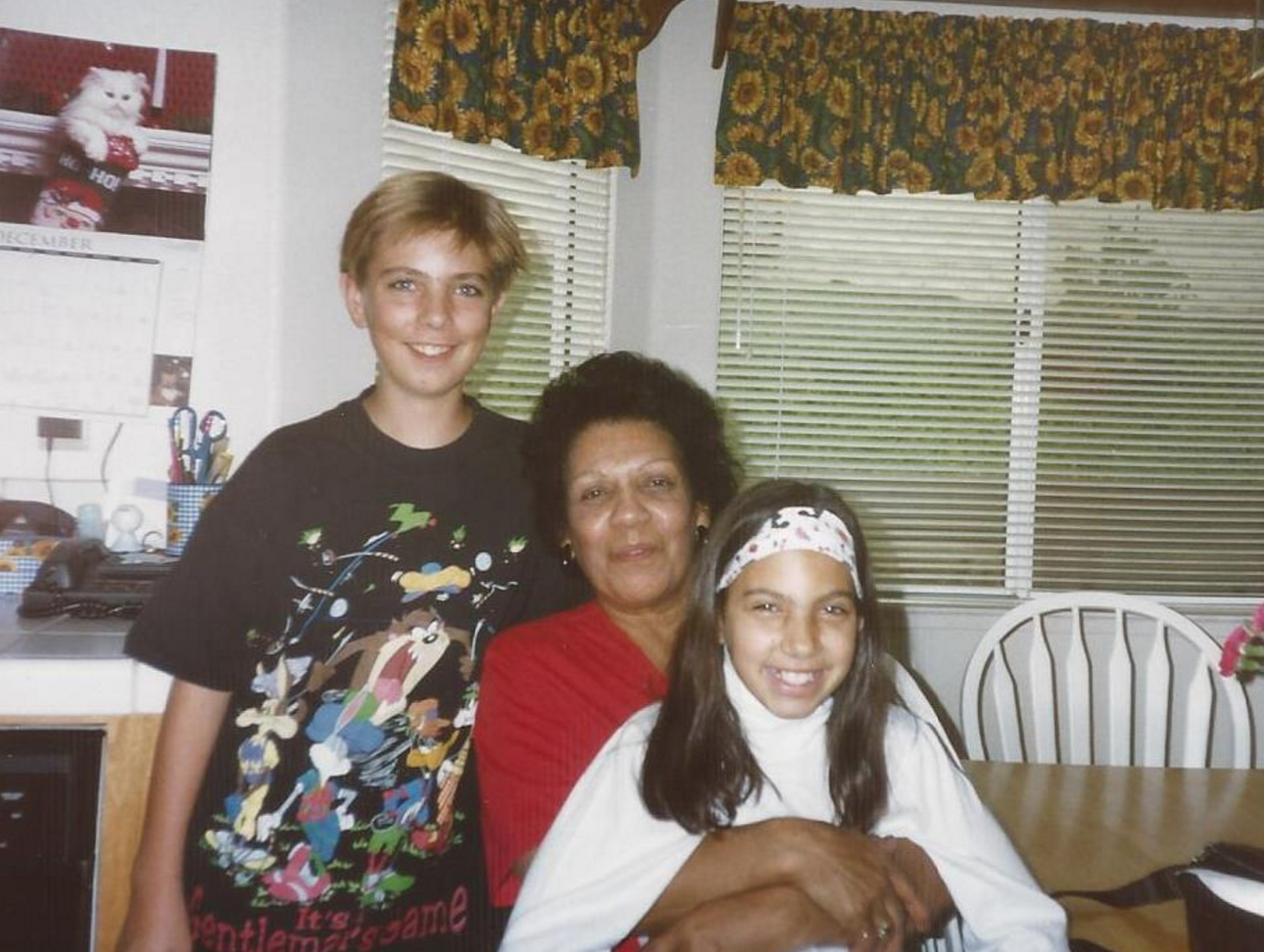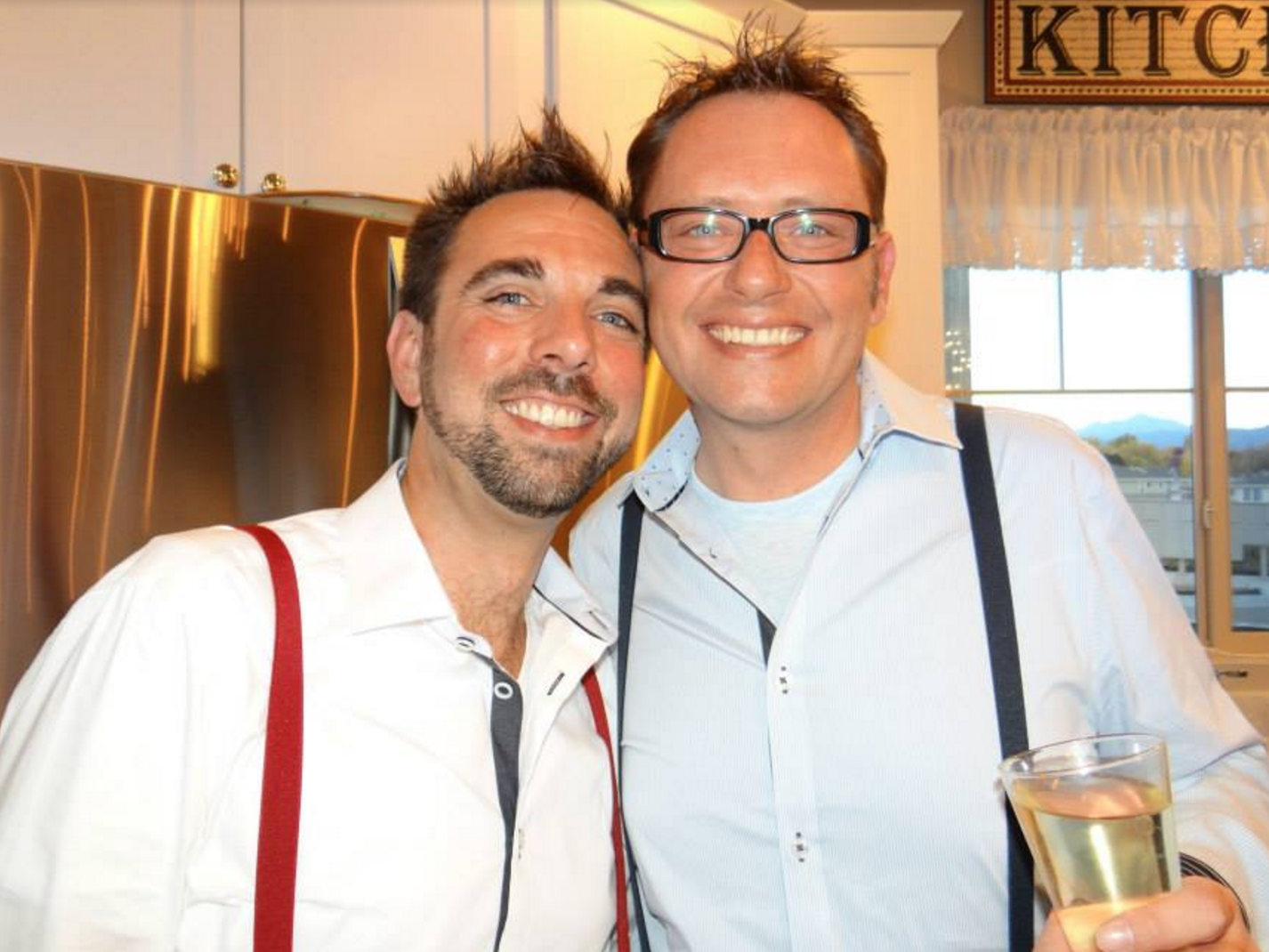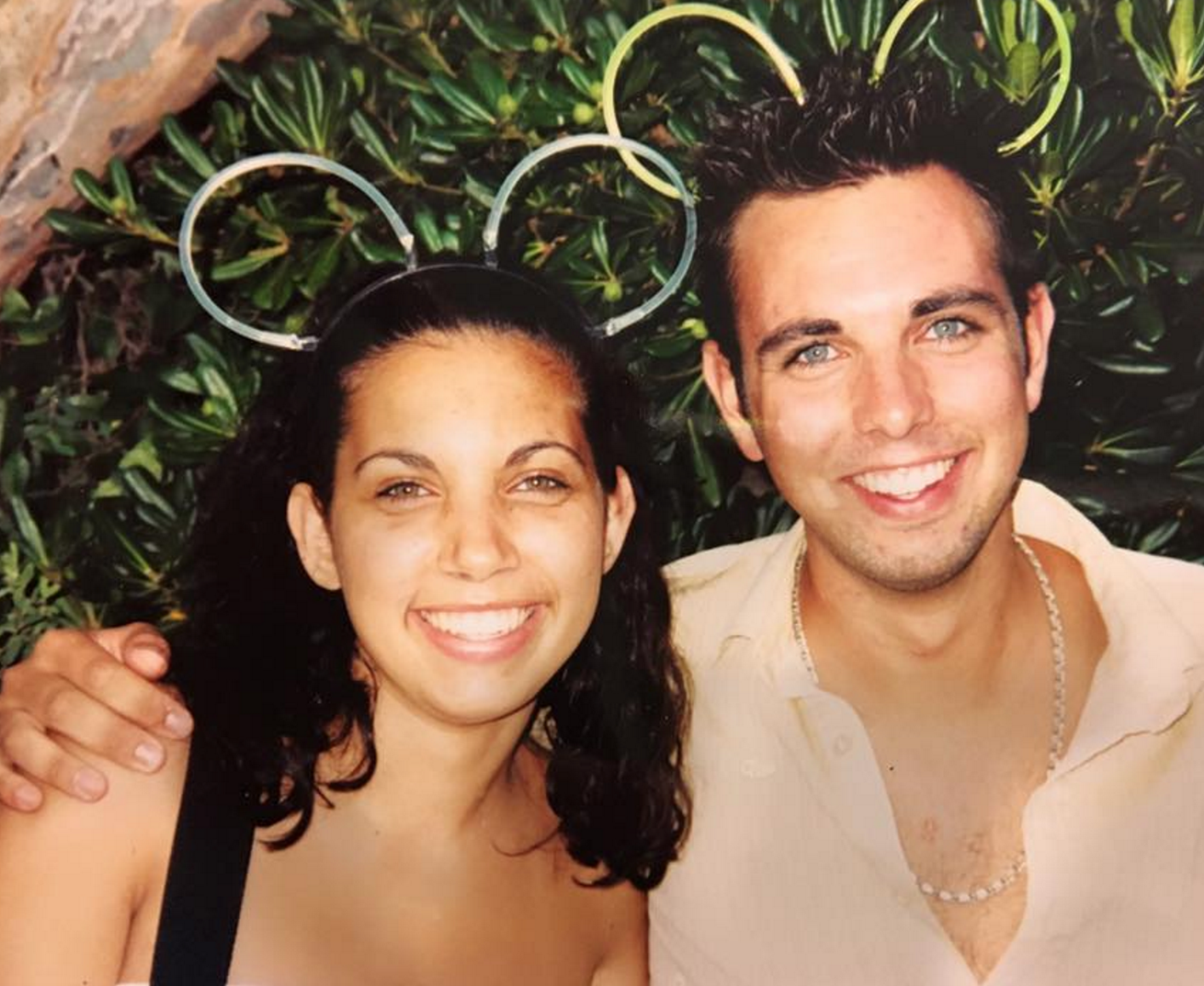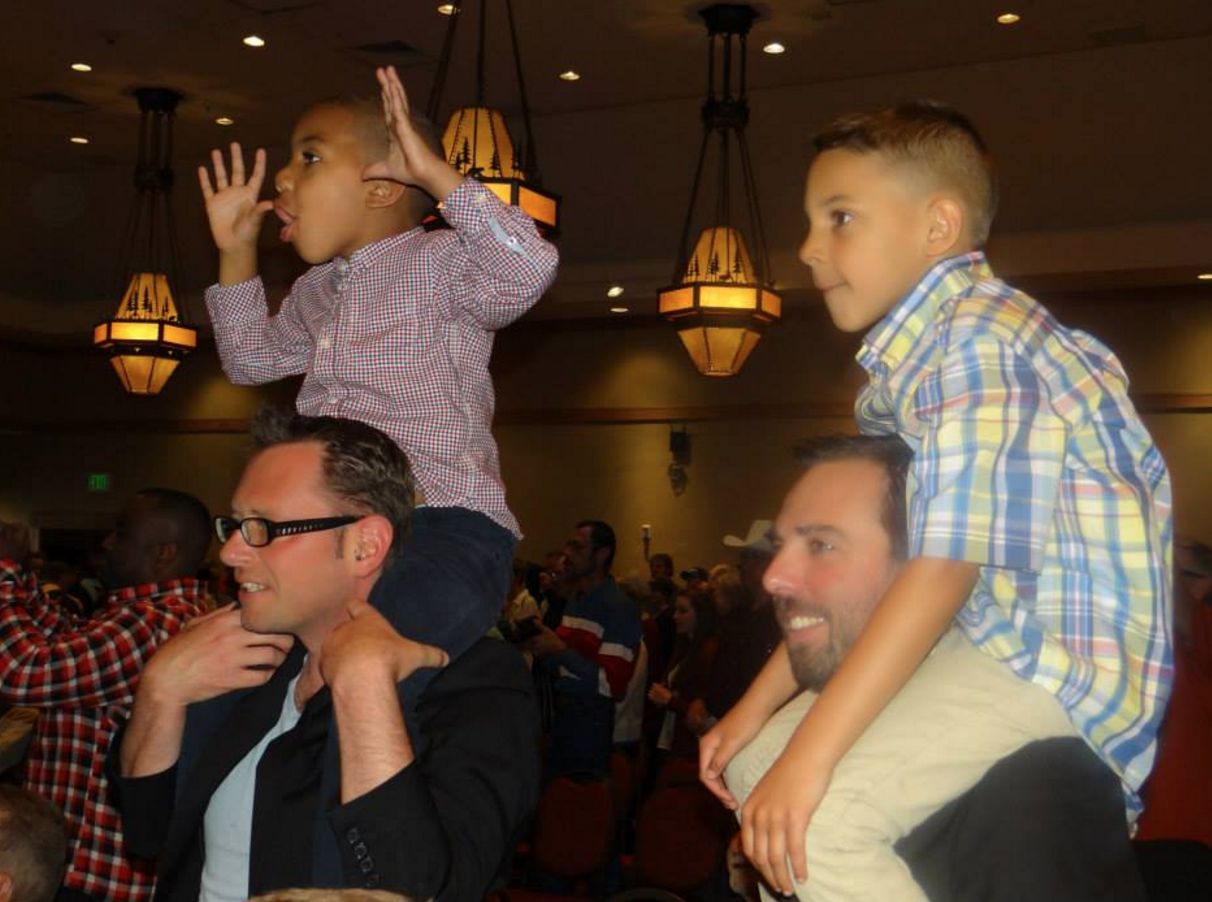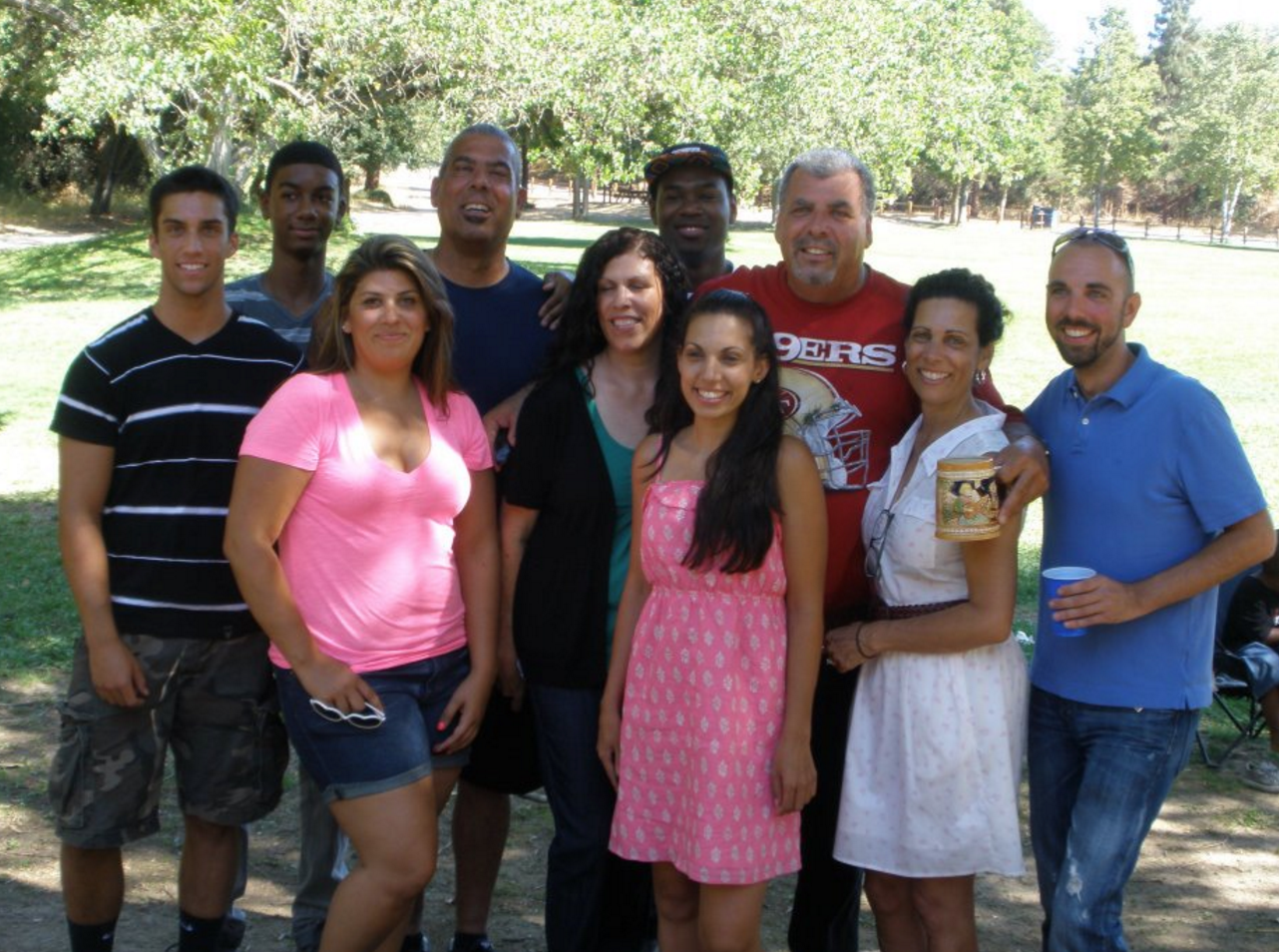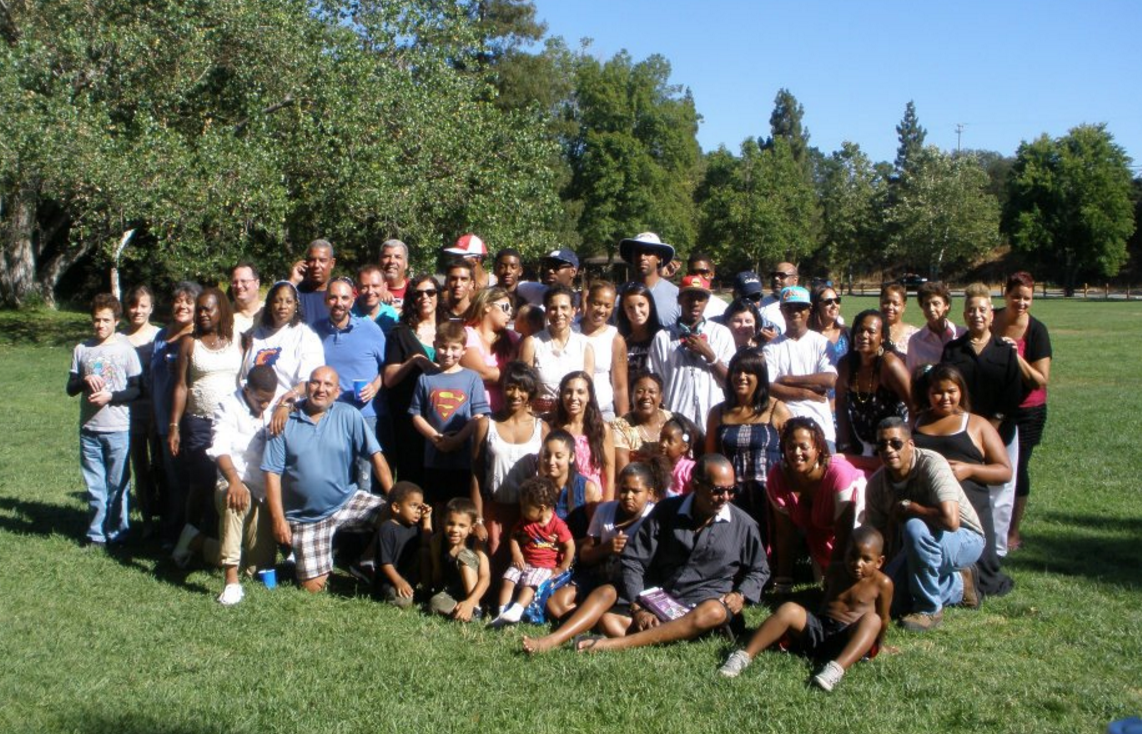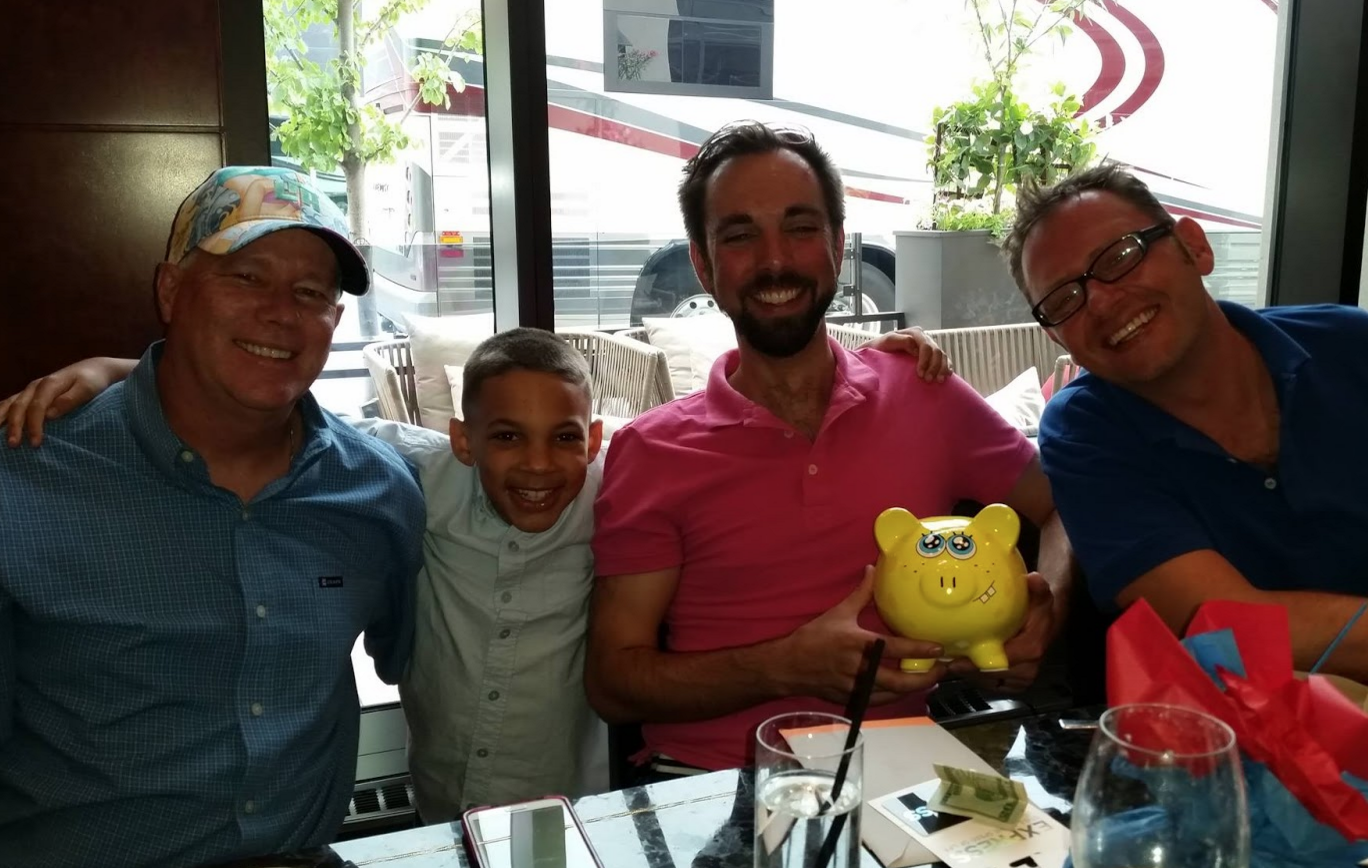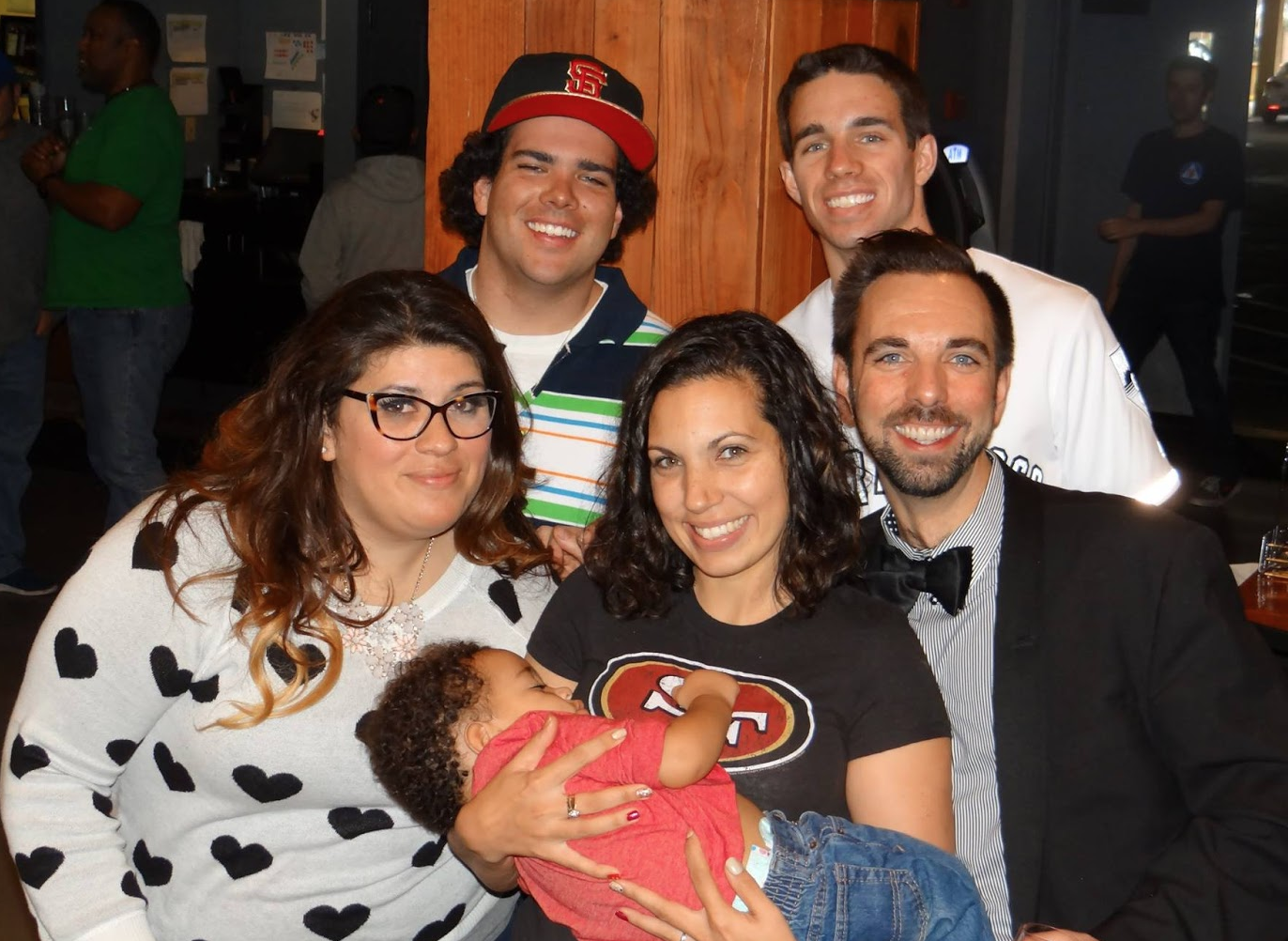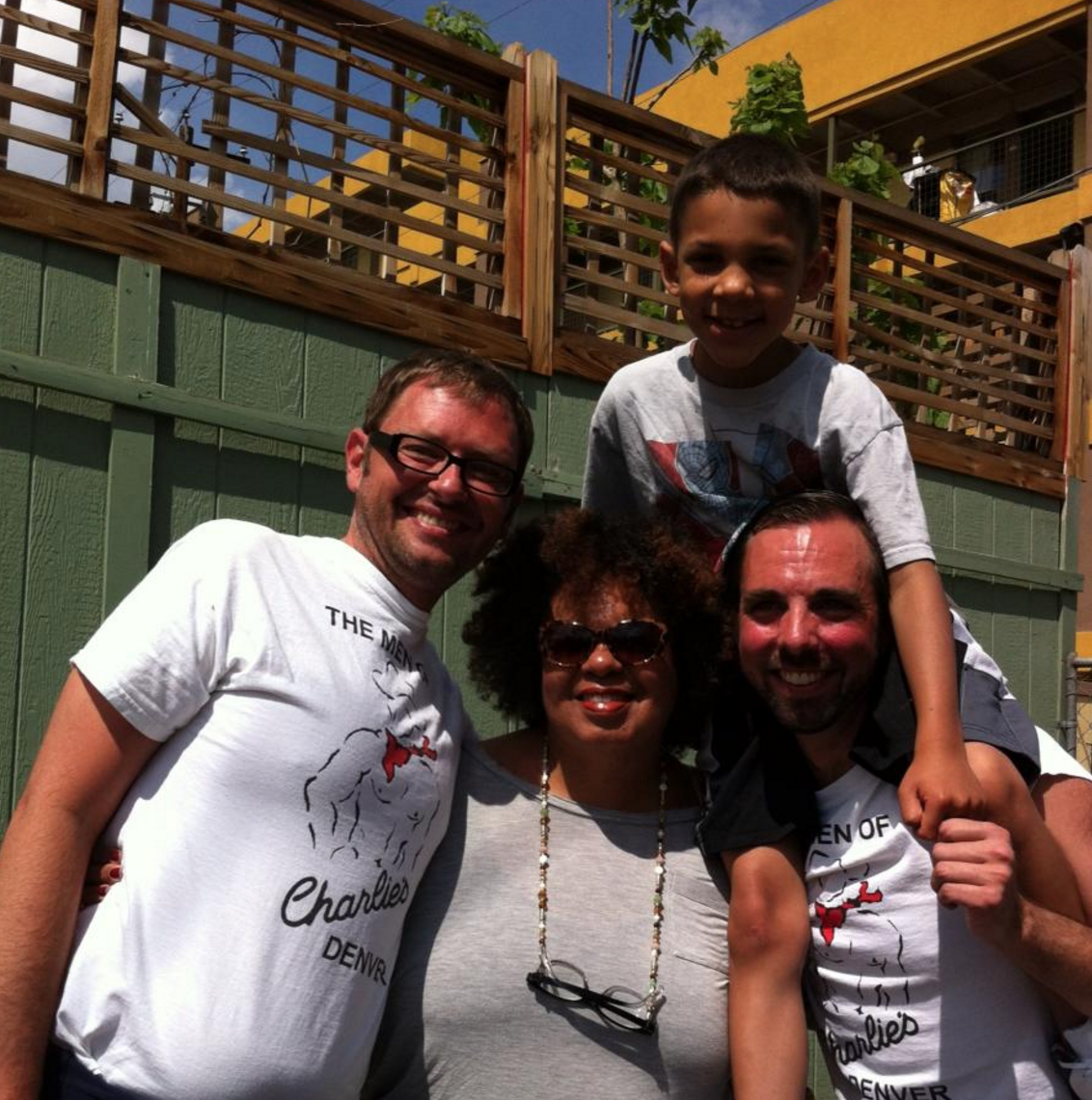I met Phil through my friend, Sabrina. Phil…
We were in Boulder, both attending University of Colorado, both majoring in Economics. We were taking International Trade and Economics together and that is when I really got to know Phil. We would study together, party together, and travel together. Phil is that friend who doesn’t just “know” things, he becomes an aficionado. He was Google, before we had smart devices equipped with Google. I totally attribute his collection of knowledge to being well-traveled and his family background. Phil has a wisdom that only comes from navigating life while straddling different worlds and cultures.
By all “appearances”, my dear friend looks white – milky-colored skin, blue eyes, straight hair. Phil explained to me his heritage and I realized why he was so wise beyond his years. I met his beautiful family and instantly felt at-home because many aspects reminded me of my own. From binge-watching “Queer as Folk” (before Netflix--Blockbuster, baby), to Mardi Gras in New Orleans, to sharing special moments at my wedding, Phil will always be one of my dearest friends. Please read about my lovely Phil and his background rich in culture below…
xx Amal
My name is Philip Richard Thomas and I am 34 years old.
WHAT MIX ARE YOU?
My mom is half White and half Black. My maternal grandfather was from Minnesota and only ever ethnically described as Norwegian. My maternal grandmother was Creole, from Louisiana; this includes African, Native American, Spanish, and French ancestry.
My dad is White with some Native American blood. “Predominantly Welch” and “Cherokee maiden” are the phrases I heard most often describing that side of the family when I was a child. Over the years I have come to learn that my paternal grandmother’s maternal grandmother may have been full-blooded Sioux; but racism associated with the lineage led to lies about her heritage which have mixed into our oral history (“she was a quarter Indian”).
WHERE DO YOU CURRENTLY LIVE?
Capitol Hill, Denver, Colorado
IS THE COMMUNITY YOU LIVE IN NOW DIVERSE?
Denver is much more diverse than the rest of the state of Colorado, and Capitol Hill is a pretty well mixed neighborhood, but it’s not nearly as diverse as other places I’ve lived (New York City, Miami, San Francisco, San Jose) nor as White as others (Boulder, CO; Scotts Valley, CA; Ithaca, NY).
WHERE DID YOU GROW UP?
I grew up in open minded communities without a lot of diversity. Scotts Valley, CA is a small town about an hour south of San Francisco where I attended elementary and middle schools. I don’t recall much diversity and even experienced ignorant racism from some of the kids when they learned I’m a quarter Black. We moved to Boulder, Colorado shortly before I began high school. Boulder was 95% White when I moved there, but with a higher population than Scotts Valley, I found a bit more diversity. Boulder prides itself on being open minded, but the lack of diversity does not offer many opportunities to practice said open mindedness. I didn’t meet many mixed people I wasn’t related to as a kid; there weren’t very many mixed kids in the communities I lived in. As I grew up and moved to more diverse places I have found lots of other mixed people.
HOW DID YOUR PARENTS MEET?
I’m pretty sure they worked together. It was the budding days of Silicon Valley, where they both grew up and found jobs in the new technology sector.
WERE THERE ANY SIGNIFICANT OBSTACLES IN THEIR RELATIONSHIP CORRELATED TO YOUR BACKGROUNDS?
My White grandmother refused to attend the wedding of her youngest son to a black woman.
HAS YOUR EXTENDED FAMILY ALWAYS BEEN SUPPORTIVE OF YOU BEING MULTIRACIAL?
The same grandmother who would not attend my parents’ interracial wedding fell in love with newborn biracial me at first site (less than a year later). It probably didn’t hurt that I was an incredibly adorable platinum blonde with sky blue eyes. By the time I was old enough to understand, my grandmother and mother had a loving and respectful relationship which survived my parents’ divorce.
My father’s family never made any issue of my heritage; they were always supportive of any expression of non-white identity and never demonstrated any superiority. The Creole side of the family has generations of experience being multiracial and accepted me into the rainbow of shades without skipping a beat.
DID YOU CELEBRATE TRADITIONS FROM BOTH SIDES OF YOUR FAMILY?
As a child I noticed a cultural distinction between the White (Dad) and Black (Mom) sides of the family. At home, my parents accepted each other’s traditions so fully, I sometimes incorrectly identified which culture things originated in.
WERE THERE MULTIPLE LANGUAGES SPOKEN IN YOUR HOUSEHOLD?
Both of my parents only speak English. My mom’s mom spoke Creole, but did not teach her kids because my grandpa was afraid they would talk about him. My mom uses a few phrases in Creole and understands a few more; my siblings and I know a few of these.
My step-mom is from Bolivia, so we heard Spanish in the house from a young age and I had an easy time studying the language in school because correct grammar “just sounded right”. To this day, I am most at ease in her specific regional dialect of Spanish, even after becoming relatively fluent after living in Seville, Spain.
WHAT DO YOU ENJOY MOST ABOUT YOUR CULTURAL BACKGROUND?
I certainly love food and the foods specific to Creole culture are some of my favorites. I also enjoy the folk knowledge and superstitions my grandmother brought from Louisiana, like letting a spider crawl into your wallet so money will come to you. I love being Creole because the culture incorporates the richness of so many other cultures.
WHAT ACTIONS DID YOUR PARENTS TAKE TO TEACH YOU ABOUT YOUR DIFFERENT BACKGROUNDS?
My mom made a point to make the racial connection when we learned about racial topics in school. I don’t look particularly black and was not often identified by educators (or anyone in general) as belonging to a minority group. When it came to topics of racism and slavery my mom made sure we understood that we were descended from Black, White, and Native Americans.
DID YOU TALK ABOUT RACE A LOT IN YOUR HOUSEHOLD WHEN YOU WERE GROWING UP?
I never felt like we talked about race a lot; I now understand that it was a much bigger topic in my house than in others. Never completely fitting into the white or black box, we talked about how we did and did not fit into stereotypes of either culture on a regular basis. The fact that we are mixed is a major defining characteristic of my family and we enjoy discussing it.
DO YOU IDENTIFY AS MIXED OR SOMETHING ELSE?
I very much identify as mixed. Because I look White to most people, I usually identify myself as a quarter Black. It’s fun to use “quadroon” in certain circles, too.
DOES RACE WEIGH INTO WHO YOU CHOOSE TO DATE?
My fiancé is white, but race was never a deal breaker in dating decisions.
WHAT DOES BEING MIXED MEAN TO YOU?
Being mixed means not fitting into any of society’s boxes just right; I’m too Black to be White and White to be Black. There are certain frustrations with not fitting in, but I like marching to the beat of my own drum. Being mixed allows me to cross between identities and experience more than one culture as an insider.
DO YOU HAVE A LOT OF FRIENDS WHO ARE MIXED?
I find myself drawn to other mixed people and call many friend. I think we all find comfort in sharing common experiences, and I find that the unique experiences of straddling races and cultures provide an almost immediate bond when I meet other mixed people. I have learned so much about other cultures from my mixed friends. They have a tendency toward open-mindedness and can typically explain cultural nuance in a way others cannot.
ARE THERE ANY COMMENTS YOU ARE REALLY TIRED OF HEARING FROM PEOPLE IN REGARDS TO RACE/CULTURE?
I’m really sick of people trying to pretend that racism no longer exists or that it is somehow acceptably less than it was in the past. As someone who “passes” as White I hear the things people say when they don’t think others are listening; racism is alive and well in America. I also get very frustrated when other people try to decide my ethnic or cultural identity for me. I’m not completely White, but I’m not Black either, I’m mixed; and that’s a real thing with its own unique truth.
WHAT IS YOUR DREAM FOR THE FUTURE OF AMERICA IN REGARDS TO RACE?
I dream of a day when race doesn’t matter in America. People in this country are taught to identify and focus on differences between people and race is the favorite difference. As a mixed race person I find a certain responsibility to help people understand that we are all part of the human race.

